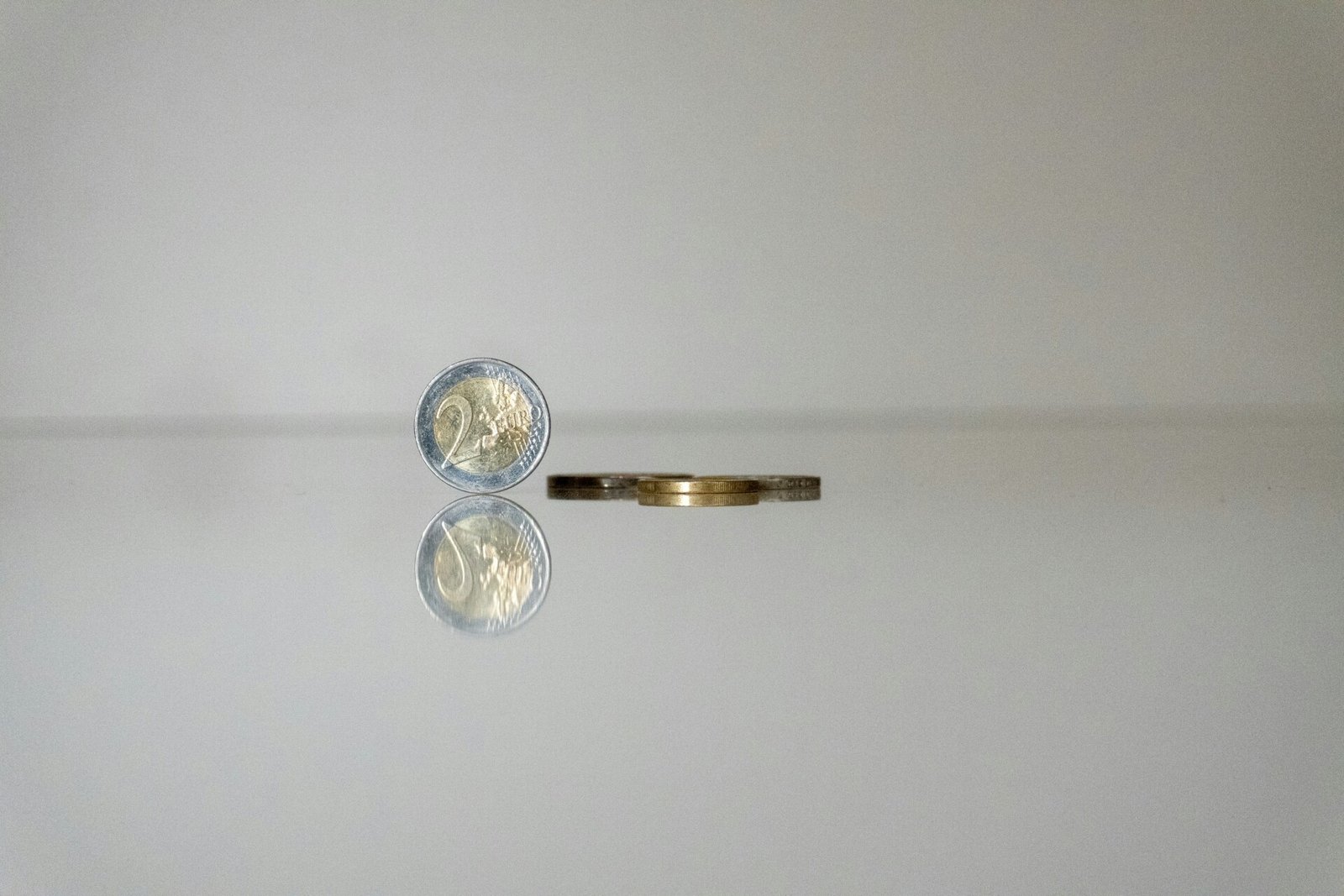Understanding Depression: Symptoms and Causes
Depression is a multifaceted mental health condition that affects millions of individuals worldwide. Characterized by persistent feelings of sadness, a pervasive loss of interest in once-enjoyable activities, and a variety of physical symptoms, depression can significantly impair one’s daily functioning. Key symptoms often include overwhelming fatigue, disruption in sleep patterns, and changes in appetite. Individuals may also experience difficulties in concentration and decision-making, alongside heightened feelings of worthlessness and guilt. Fighting Depression
The causes of depression
The causes of depression are equally complex and varied. Genetic predisposition plays a significant role, as those with a family history of depression may be more susceptible to the condition. Additionally, traumatic life events, such as the loss of a loved one, financial instability, or relationship issues, can trigger depressive episodes. Chronic stress, whether from work, personal relationships, or other sources, is another potent factor that can precipitate or exacerbate depressive symptoms.
Underlying medical conditions also contribute to the onset of depression. Disorders such as chronic pain, thyroid imbalances, and cardiovascular diseases are frequently linked to depressive states. Moreover, hormonal changes, particularly those associated with childbirth, menopause, or major medical treatments, can influence mental health. Fighting Depression
An understanding of these symptoms and causes is crucial for anyone looking to learn how to fight depression. With a broader awareness of what depression entails, individuals are better equipped to explore and implement effective home remedies and meditation techniques. It is important to approach treatment holistically, considering both the mental and physical aspects of the condition to create a comprehensive strategy for managing and mitigating the impact of depression. This foundational knowledge serves as the first step toward recovery, enabling a more targeted and informed application of subsequent measures discussed in this blog.
Effective Home Remedies for Fighting Depression
Alleviating depression through home remedies offers a holistic approach that can be integrated into daily life. One of the most straightforward methods is dietary changes. Incorporating foods rich in omega-3 fatty acids, such as fish, flaxseeds, and walnuts, can be beneficial. Studies suggest that omega-3s influence neurotransmitter pathways, potentially reducing depressive symptoms. Antioxidant-rich foods, like berries, nuts, and leafy greens, can combat oxidative stress, a contributing factor to depression.
Journaling is another impactful remedy. The act of writing down thoughts and emotions provides an emotional release, helping to process feelings that might otherwise be overwhelming. Research shows that expressive writing can reduce symptoms of depression and anxiety, offering a safe space to vent and reflect.
Essential oils and aromatherapy present another natural treatment. Oils such as lavender, chamomile, and bergamot are known for their calming properties. A 2013 study found that lavender oil aromatherapy reduced scores on the Hamilton Depression Rating Scale. Using a diffuser or adding a few drops to a warm bath can create a tranquil environment conducive to mental well-being.
Physical activities like exercise and yoga are also effective in how to fight depression. Regular exercise boosts endorphin levels, improving mood and energy. Activities like walking, running, or dancing can make a significant difference. Yoga, combining physical postures, breath control, and meditation, enhances relaxation and reduces the stress hormone cortisol. Engaging in yoga practices like Hatha or Vinyasa can be particularly beneficial for managing depressive symptoms.
Each of these remedies offers a unique pathway to alleviate depression. By integrating dietary changes, journaling, aromatherapy, and physical activities, individuals can create a comprehensive plan to improve their mental health. Scientific evidence supports the efficacy of these methods, underscoring their role in a holistic treatment strategy.
Meditation Techniques to Fighting Depression
Understanding how to fight depression through meditation involves recognizing the profound impact these practices can have on mental health. Scientific studies have consistently shown that meditation can help rewire the brain, fostering a reduction in depressive symptoms. This neuroplasticity means the brain can adapt and change in response to new experiences, including regular meditation practices.
One of the most effective methods is mindfulness meditation. This technique encourages individuals to focus on the present moment, observing thoughts and feelings without judgment. By practicing mindfulness, people can develop a more balanced perspective, recognizing negative thoughts as transient rather than fixed. Over time, this practice can diminish the hold of negative thinking patterns often associated with depression.

Another powerful technique to Fighting Depression is loving-kindness meditation, which involves generating feelings of compassion and love towards oneself and others. This practice can be particularly beneficial for those experiencing depression, as it fosters self-acceptance and emotional resilience. Research indicates that regular practice of loving-kindness meditation can lead to increased positive emotions, improved well-being, and reduced depressive symptoms.
Guided visualization is also a valuable tool. This technique involves mentally visualizing peaceful and positive scenarios, which can help shift an individual’s focus away from depressive thoughts. Using guided visualization, individuals can create a mental space of serenity and hope, which can be a powerful antidote to feelings of despair or hopelessness.
For beginners looking to incorporate these meditation practices into their daily routine, setting up a dedicated meditation space is crucial. This space should be quiet, comfortable, and free from distractions. Consistency is key, so integrating meditation into a daily schedule can enhance its benefits. Beginners might also find it helpful to use meditation apps or online resources, which offer guided sessions and structured programs to aid in the development of a regular practice.
Creating a Comprehensive Self-Care Routine
Combining home remedies and meditation techniques into an effective self-care routine requires thoughtful planning and commitment. To start, it is crucial to create a daily schedule that integrates these practices seamlessly into your lifestyle. Allocating specific times of the day for meditation, such as early mornings or before bed, can enhance consistency in your routine. Additionally, it’s beneficial to identify appropriate times for employing various home remedies—whether it’s a soothing herbal tea in the evening or aromatherapy sessions during lunch breaks.
Effective time management is fundamental in establishing a sustainable self-care routine. Prioritize your mental well-being by setting aside blocks of time dedicated exclusively to these activities. Use planners or digital calendars to track your schedule and ensure that you are devoting sufficient time to each practice. Setting realistic goals plays a pivotal role as well. Start with small, manageable goals such as meditating for five minutes a day or trying one new home remedy each week. Gradually increase the complexity and duration as you become more comfortable with these practices.
Tracking your progress is equally important. Maintaining a journal to document your feelings, experiences, and any noticeable changes in your mood can be extremely helpful. This not only allows you to monitor your progress but also to identify which practices are most effective for you personally. Incorporating feedback loops into your routine encourages continual refinement and adjustment, ensuring that the self-care routine remains effective over time.
Finally, while home remedies and meditation are invaluable tools in fighting depression, it is essential to recognize their role as complementary to professional mental health treatment. They should never be considered substitutes for professional advice or therapy. If you or someone you know is struggling with severe depression, seeking professional help from a licensed therapist or a doctor is imperative. The integration of professional treatment with home remedies and meditation offers a comprehensive approach to managing depression effectively.












